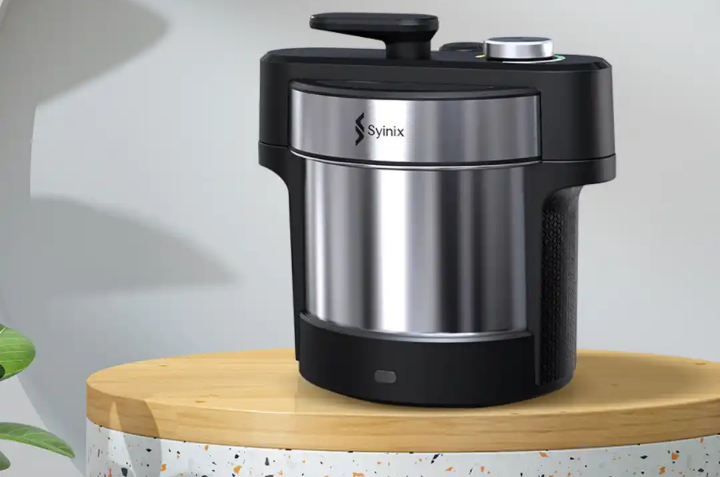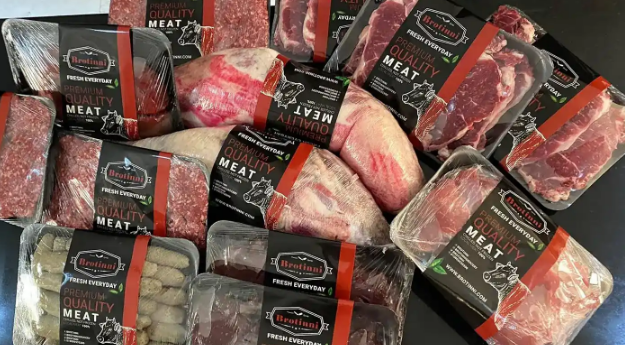A foodtech firm based in Morocco, Terraa, has secured a pre-seed round of approximately $1.5 million. This funding round was led by Foodlabs and joined by DFS Lab, Musha Ventures, Outlierz Ventures, and UM6P Ventures.
Currently based in Morocco, the one-year-old startup plans to concentrate its operations there, develop its logistics network, and only expand when it thinks its model can be replicated in other regions, according to CEO Youssef Benkirane.
“Morocco is our priority at the moment, and we are building the playbook in terms of operations, building our tech, and expanding in cities. When we feel confident that we can replicate this model elsewhere, we will start with a big country in Africa where there’s a huge market to kick off our expansion in the continent.”
In 2022, with experience from foodtech and eCommerce businesses in Europe and Africa, Benkirane and Benoit De Vigne created Terraa. The start-up makes it easier for retailers to buy farm products directly from farmers. In this approach, the farmers have ready access to the market while the merchants receive steady and fair prices.
The business intends to construct storage facilities for agricultural products spread out among Morocco’s agricultural cities. From obtaining the farm products to internally distributing them to users, Terraa manages the entire process. However, users can place orders through the app or website.
Read also: Vendease, Nigerian Food Procurement Platform, Lays Off 9% Employees
Food loss and waste in the Near East and North Africa region are estimated to be worth more than $60 billion, according to the regional office of the Food and Agricultural Organization for the region. According to Benkirane, 40% of fruits and vegetables in North Africa are discarded or lost. He says that Terraa plans to change this and blames it on a lack of information about what to create.
“In the future, we will have strong capabilities around demand forecasting, and we will share this with farmers for them to know what they need to be producing, and the right quantities, to optimize their production to make sure that they will sell 100% of their production to us.”
Looking into the Future
The firm is bringing about change in Morocco’s fresh food supply chain, which Benkirane described as being highly fragmented, still traditional, and controlled by intermediaries who buy goods from farmers at reduced costs to sell for enormous profits.
It aims to give farmers a reliable and competitively priced market for the food, reducing the post-harvest losses frequently brought on by a lack of markets, particularly during periods of overproduction. Retailers who use Terraa will profit from reliable product supplies and prices.
“In the next few months, we will build some collection centers in all the major agricultural cities of Morocco. We will use them to store the produce we have collected from the farmers for distribution to the end customers,” Benkirane told reporters.
How Terraa works
To fulfil online orders placed by shops, restaurants, and other resellers, the business purchases fresh food straight from farmers. Orders can be placed on its website or through WhatsApp. The majority of the procedures are carried out internally for quality control, but they intend to increasingly support certain of their operations by working with vetted external providers when this is practical.
“We handle everything, from sourcing from the farmers to the delivery to the end consumer. We took this decision because farmers are not that tech-savvy and would require a lot of training for them to know how to best utilize the tech platforms. How we operate ensures that farmers have all the time they need to concentrate on farming,” he said.
According to Benkirane, their business strategy guarantees that the cost of the products they sell is not inflated, that hygiene is upheld throughout the entire manufacturing, packaging, and delivery processes, and that there is less food waste due to a ready market.
“In terms of wastage, what we see is for example, in North Africa 40% of fruits and vegetables produced by farmers are lost or wasted. And this is because farmers don’t know what to produce. They lack good data to optimize production, so they farm based on habits…We want to empower this community when it comes to best practices,” he said.
“In the future, we will have strong capabilities around demand forecasting, and we will share this with farmers for them to know what they need to be producing, and the right quantities, to optimize their production to make sure that they will sell 100% of their production to us,” he said.
If you’re the type that is concerned about the introduction of technology into businesses and markets, then you should watch out for the Terraa brand. This is because the firm is bringing about change in Morocco’s conventional, highly fragmented fresh food supply chain, which is dominated by middlemen who buy from farmers at low rates and then resell for enormous profits.



